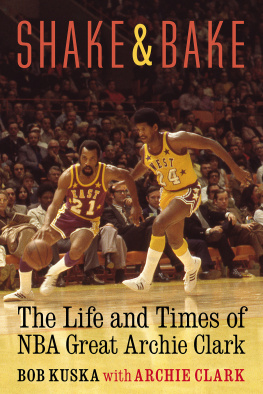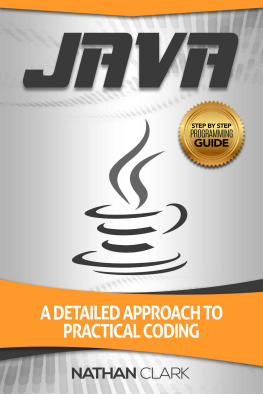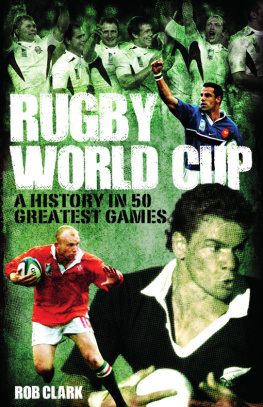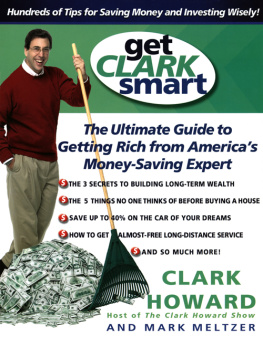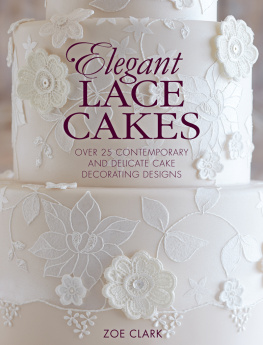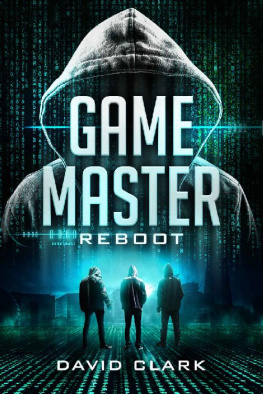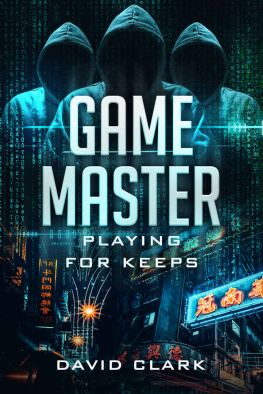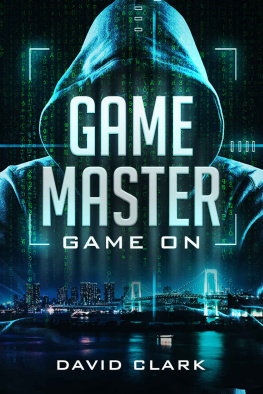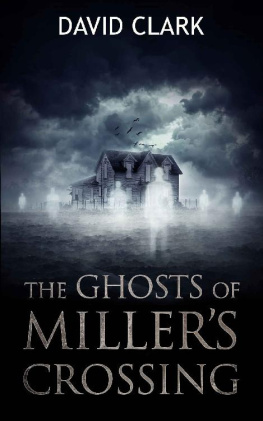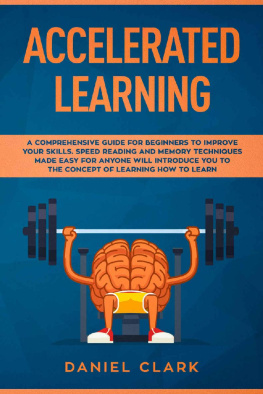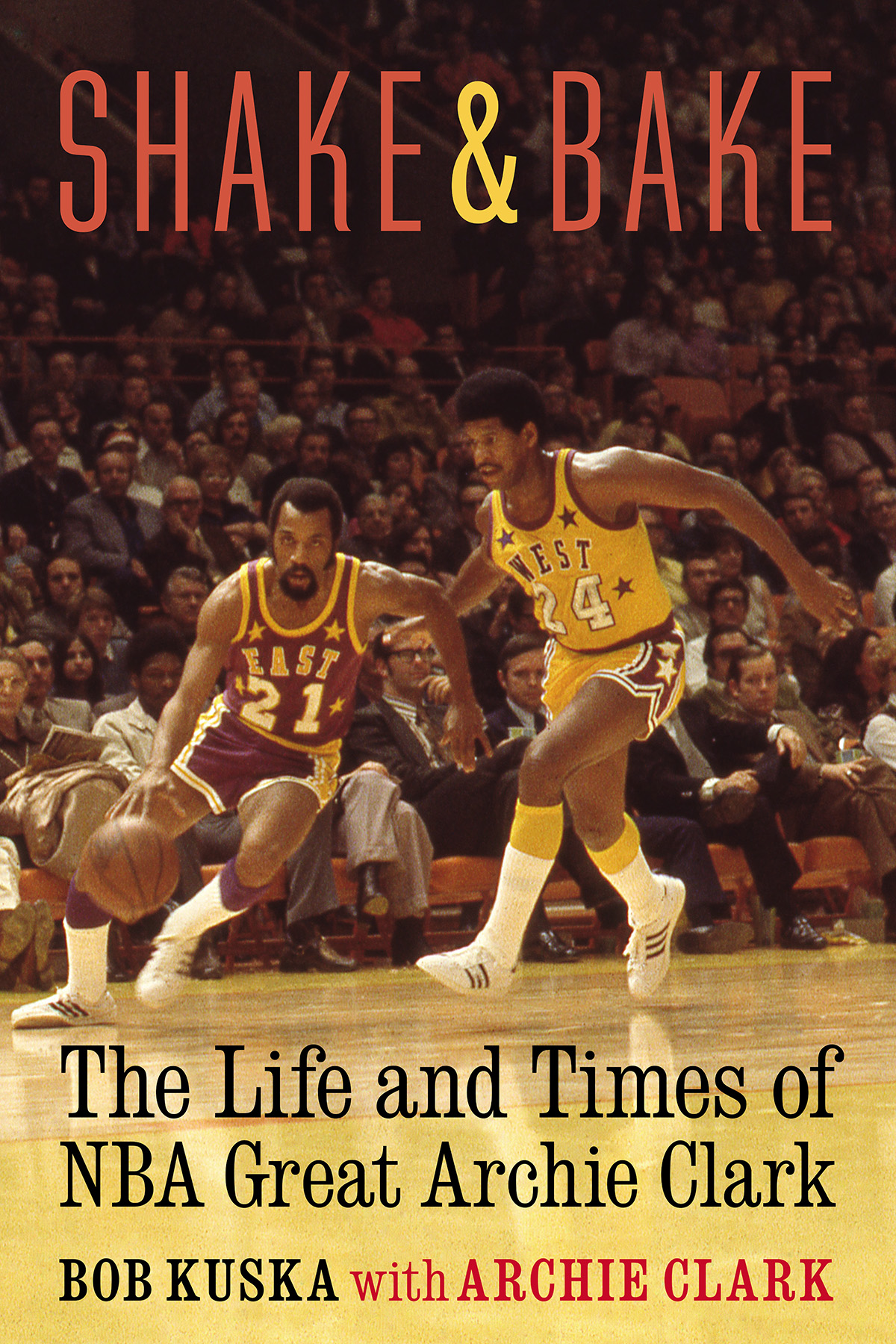
I had the good fortune of meeting Archie Clark while I was an undergrad at UCLA and he was playing for the Lakers. Archie is one of those unique people who has an awesome insight about life, which, in my opinion, is extraordinary. When you read this book you will understand what Im talking about.
Kareem Abdul-Jabbar
Archie Clark originated the crossover dribble. His story is a representative tale of the crosscurrents that were convulsing the NBA in the turbulent 1960s and 1970s that featured the legendary figures of the game from Wilt to West and defined the court in many different ways. Bob Kuska tells the story of these vivid events in granular depth and detail.
Sam Smith, author of The Jordan Rules
Archie Clarks words became the impetus of my Supreme Court ruling that toppled the NBA s four-year rule and took me to Seattle. Archie is a tremendous person who helped a lot of people get ahead in the pre-merger NBA . If you want to know more about this critical era of pro basketball, this is your book!
Spencer Haywood
Bob Kuska is one of the very best basketball writers in the world, as this deep and fascinating exploration into the life and times of Archie Clark so convincingly demonstrates. Kuskas obviously driven by a tremendous love of the game, but it goes much, much further than that. He unfolds the life and times of Clark in a way that allows us to understand the man, the era, and the contributions of this unsung, overlooked gem of a competitor.
Roland Lazenby, author of Showboat: The Life of Kobe Bryant
A half century ago, Archie Clark brought the iconic crossover move to pro basketball, which I named, The Shake and Bake. Today, people argue about who had the greatest crossover move ever. Well, Ive seen them all. In my opinion, the best crossover still belongs to the originator, Archie Clark.
Sonny Hill, sports radio personality and the Mayor of Philadelphia Basketball
Interested in pro basketball history? Youve got to read this book about Archie Clark, one of the all-time NBA greats on and off the court.
Joe Caldwell
Shake & Bake
The Life and Times of NBA Great Archie Clark
Bob Kuska with Archie Clark
University of Nebraska Press | Lincoln
2021 by the Board of Regents of the University of Nebraska
Cover designed by University of Nebraska Press; cover image Long Photography.
All rights reserved.
Library of Congress Cataloging-in-Publication Data
Names: Kuska, Bob, author. | Clark, Archie, 1941 author. | University of Nebraska Press.
Title: Shake and bake: the life and times of NBA great Archie Clark / Bob Kuska, with Archie Clark.
Other titles: Life & times of National Basketball Association great Archie Clark
Description: Lincoln: University of Nebraska Press, 2021.
Identifiers: LCCN 2020011783
ISBN 9780803226548 (Hardback: acid-free paper)
ISBN 9781496224811 (ePub)
ISBN 9781496224828 (mobi)
ISBN 9781496224835 ( PDF )
Subjects: LCSH : Clark, Archie, 1941 | Guards (Basketball)United StatesBiography. | African American basketball playersUnited StatesBiography. | Basketball playersUnited StatesBiography. | Detroit Pistons (Basketball team)History. | Los Angeles Lakers (Basketball team)History. | National Basketball AssociationHistory. | VeteransUnited StatesBiography.
Classification: LCC GV 884. C 55 K 87 2021 | DDC 796.323092 [B]dc23
LC record available at https://lccn.loc.gov/2020011783
The publisher does not have any control over and does not assume any responsibility for author or third-party websites or their content.
When people talk about my NBA career, they always mention the phrase shake and bake. It was my signature crossover move. Rarely mentioned is the move went nameless for years. It was just a dribble crossover move that I did to get my shot. No name required. In the early 1970s, an NBA radio broadcaster named Sonny Hill started saying on the air that I was shaking and baking whenever I used the move, and the name just stuck like glue.
Archie Clark
Contents
A spring shower pattered like a drumroll through the streets of downtown Minneapolis on a busy day in mid-May 1966. Archie Clark hustled along the sidewalk and into the fashionable Leamington Hotel. Archie, a star basketball player at the University of Minnesota, brushed the raindrops from his jacket and followed his nose to the coffee shop. He was looking for Lou Mohs, general manager of the NBA Los Angeles Lakers. The two had never met, though theyd spoken by phone to arrange that days meeting. Archie scanned the old-fashioned lunch counter. There, hovering over a plate of fried food, was Mohs, his briefcase at the ready.
Mohs, a silver-haired man with black horn-rimmed glasses and clad in a dark business suit, introduced himself in a bone-dry monotone. Archie took a seat at the lunch counter, and a waitress placed a glass of ice water in front of him. But Mohs wasnt buying. He was eager to catch the next flight to Salt Lake City. In the days when college draft choices negotiated their rookie contracts directly with management, Mohs needed to be in Utah to sign his top draft choice in the 1966 NBA draft. Archie was the Lakers third-round selection. As Mohs calculated, this wouldnt take long.
I happened to be in Minneapolis, and I wanted to sign my fourth draft choice to a contract, said Mohs, stretching out the word fourth like a lawyer introducing a winning legal strategy. Mohs falsely insinuated that because the Lakers had drafted two high-priced first-round choices, Archie deserved the lower pay of a fourth-round selection.
Archie sipped the ice water and tried to size up the seventy-year-old Mohs, whom he found as stiff as a starched shirt. At age twenty-four Archie was older than most NBA draft choices. He had spent three years in the army saluting officers, and as a young black man from working-class Detroit, Archie was streetwise and confident enough to deal with most situations. Yet he had no idea how to talk money with Mohs. Archie had never negotiated a pro contract, and, like most NBA draftees that year, he had to learn on the spot against a seasoned adversary and potential employer who, as Archie had just heard, was willing to stretch the truth to save a few dollars.
What are you offering? Archie answered.
A one-year, $11,000 contract, said Mohs with feigned enthusiasm intended to obscure his lowball offer. The average NBA player salary was reportedly $15,500 per season in 1966.
I dont know, hemmed Archie, instinctively trying to up the ante. I want to look into playing major league baseball. Thats always been my dream.
Ive seen you play baseball, Mohs answered dismissively. Basketball is your best sport.
Do you offer signing bonuses? Archie finally asked.
No, we dont give signing bonuses, Mohs fibbed. But Ill tell you what we can do. I can write a check for $2,000 right now and front you some of the money from your contract. That will leave you $9,000.
The thought of instant cash was too appealing. Mohs unclasped his briefcase and produced a dog-eared standard NBA player contract written in a circuitous jumble of clauses that arrived at the same potentially deal-breaking point. For the contract to be valid Archie had to pay his way to Los Angeles and earn a spot on the Lakers opening-season roster. Archie digested the text as best as he could amid the lunchtime clatter. He finally signed on the dotted line. Mohs handed him a $2,000 check, paid his bill at the cash register, and hurried off to the airport. The negotiation had taken no more than ten minutes.
Next page
